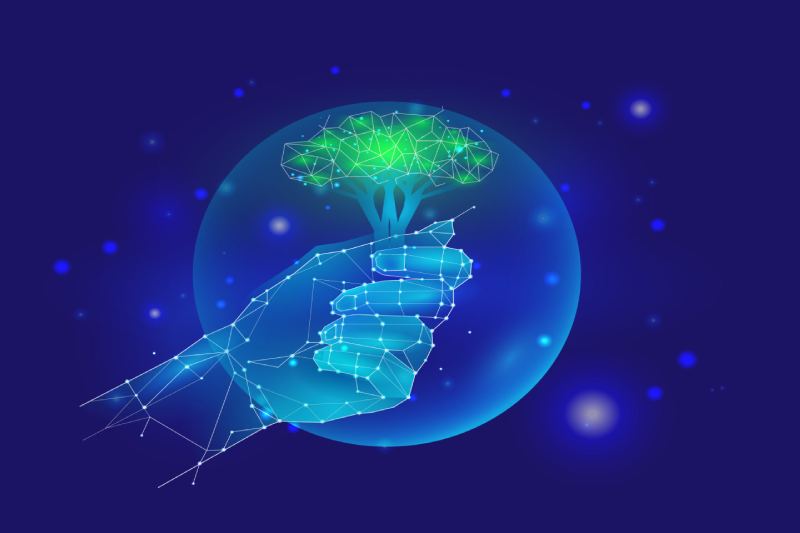The largest software event of the year for the manufacturer of Android, Google I/O 2024, gets underway in Mountain View, California, today. The event will be livestreamed by the corporation starting at 10:00 am Pacific Time or 10:30 pm Indian Time, in addition to an in-person gathering at the Shoreline Amphitheatre.
During the I/O 2024 event, Google is anticipated to reveal a number of significant updates, such as details regarding the release date of Android 15, new AI capabilities, the most recent iterations of Wear OS, Android TV, and Google TV, as well as a new Pixie AI assistant.
Google I/O 2024’s top 5 anticipated announcements are:
1) The Android 15 is Highlighted:
It is anticipated that Google will reveal a sneak peek at the upcoming Android version at the I/O event, as it does every year. Google has arranged a meeting to go over the main features of Android 15, and during the same briefing, the tech giant might possibly disclose the operating system’s release date.
While a significant design makeover isn’t anticipated for Android 15, there may be a number of improvements that will assist increase user productivity, security, and privacy. A number of other new features found in Google’s most recent operating system include partial screen sharing, satellite connectivity, audio sharing, notification cooldown, app archiving, and notification cooldown.
2) Pixie AI Assistant:
Also anticipated from Google is the introduction of “Pixie,” a brand-new virtual assistant that is only available on Pixel devices and is powered by Gemini. In addition to text and speech input, the new assistant might also allow users to exchange images with Pixie. This is known as multimodal functionality.
Pixie AI may be able to access data from a user’s device, including Gmail or Maps, according to a report from the previous year, making it a more customized variant of Google Assistant.
3) Gemini AI Upgrades:
The highlight of Google’s I/O event last year was AI, and this year, with OpenAI announcing its newest large language model, GPT-4, just one day before I/O 2024, the firm faces even more competition.
With the aid of Gemini AI, Google is anticipated to deliver significant enhancements to a number of its primary programs, including Maps, Chrome, Gmail, and Google Workspace. Furthermore, Google might be prepared to use Gemini in place of Google Assistant on all Android devices at last. The Gemini AI app already gives users the option to switch the chatbot out as Android’s default assistant app.
4) Hardware Updates:
Google has been utilizing I/O to showcase some of its newest devices even though it’s not really a hardware-focused event. For instance, during the I/O 2023 event, the firm debuted the Google Pixel 7a and the first-ever Pixel Fold.
But, considering that it has already announced the Pixel 8a smartphone, it is unlikely that Google would make any significant hardware announcements this time around. The Pixel Fold series, on the other hand, might be introduced this year alongside the Pixel 9 series.
5) Wear OS 5:
At last, Google has made the decision to update its wearable operating system. But the business has a history of keeping quiet about all the new features that Wear OS 5 will.
A description of the Wear OS5 session states that the new operating system will include advances in the Watch Face format, along with how to build and design for an increasing range of devices.


 Entertainment4 weeks ago
Entertainment4 weeks ago
 Business3 weeks ago
Business3 weeks ago
 Business4 weeks ago
Business4 weeks ago
 Business4 weeks ago
Business4 weeks ago
 Technology4 weeks ago
Technology4 weeks ago
 Business2 weeks ago
Business2 weeks ago
 Technology3 weeks ago
Technology3 weeks ago
 Technology2 weeks ago
Technology2 weeks ago




